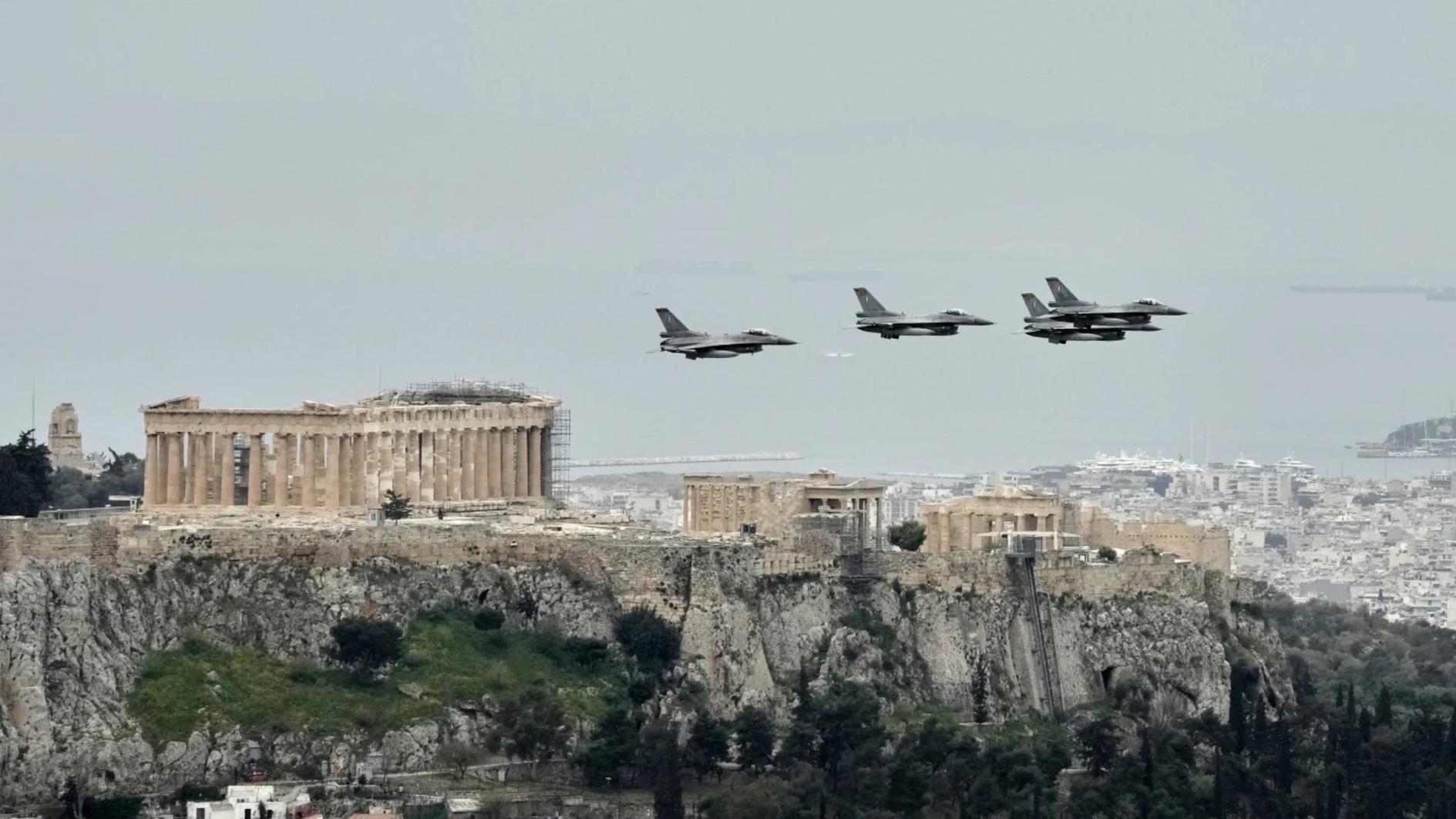Ennahda hacked in Salafi protest
TUNIS

Tunisian Salafis stage a demonstration on March 25, 2012 in Tunis. Salafis attacked the national theatre in Tunis, tearing down posters and beating up a number of actors, in a recent protest. AFP photo
A group claiming affiliation with activist hacker collective Anonymous said it has hacked 2,725 emails belonging to Tunisia’s ruling Ennahda party, including those of the prime minister, in the latest challenge to the Islamist-led government.In a video posted on a Facebook page belonging to Anonymous TN, a hacker wearing the trademark activist “Guy Fawkes” mask said the emails were released in protest against Ennahda’s alleged failure to protect the unemployed and artists, who were attacked by Salafis during a recent protest.
Mail to Turkish Embassy
The activist said the emails included phone numbers, bank transactions and invoices paid during Tunisia’s election campaign in October, in which Ennahda won more than 40 percent of parliamentary seats, going on to lead the government. One of the emails was sent to the Turkish embassy from Prime Minister Hamadi Jebali, with Foreign Minister Rafik Abdesslem’s CV attached. Ennahda’s leader Rached Ghannouchi hailed Turkey before elections as a “model” for Tunisians.
He said Turkey’s ruling Justice and Development Party (AKP) was a successful synthesis of Islam and modernity and that the AKP was a very successful example of a modern Muslim government. “To the Tunisian government: We have kept a large part of your data secret. If you do not wish to see it published on the Internet we ask you to work to the best of your ability to avoid Internet censorship and to respect human rights and freedom of expression in Tunisia,” the activist said.
It was not immediately possible to verify the authenticity of the emails, or when they were accessed. The video appears to have been posted on Facebook on April 7. Government officials declined detailed comment on the security breach, but said many of the emails appeared to be old, Reuters reported. Ennahda has faced pressure in recent months from secular opponents who accuse it of turning a blind eye to conservative Salafis they fear are trying impose their austere interpretation of Islam on the country. Salafis have held mass protests in recent weeks demanding the implementation of shariah.
Delegation in White House
At their last protest last month, Salafis attacked the national theatre in Tunis, tearing down posters and beating up a number of actors. Meanwhile, a delegation from Ennahda is visiting the White House this week, in the latest round of talks to reassure a nervous Washington. The rise to power of elected Islamists in Tunisia, Egypt and elsewhere has alarmed many Americans, who fear the emergence of Iran-style theocracies denying the rights of women and minorities and antagonizing Israel. The group in Washington, which also includes lawmakers from Egypt, Libya, and Morocco, hopes to dispel such fears, insisting that Islam and democracy are fully compatible and hoping for a new chapter in U.S. relations with an Arab World in transition. “Islamist parties are not a threat. They are guarantors of democracy and individual liberty,” Sahbi Atig, a parliamentarian from the Ennahda, told Agence France-Presse.
















